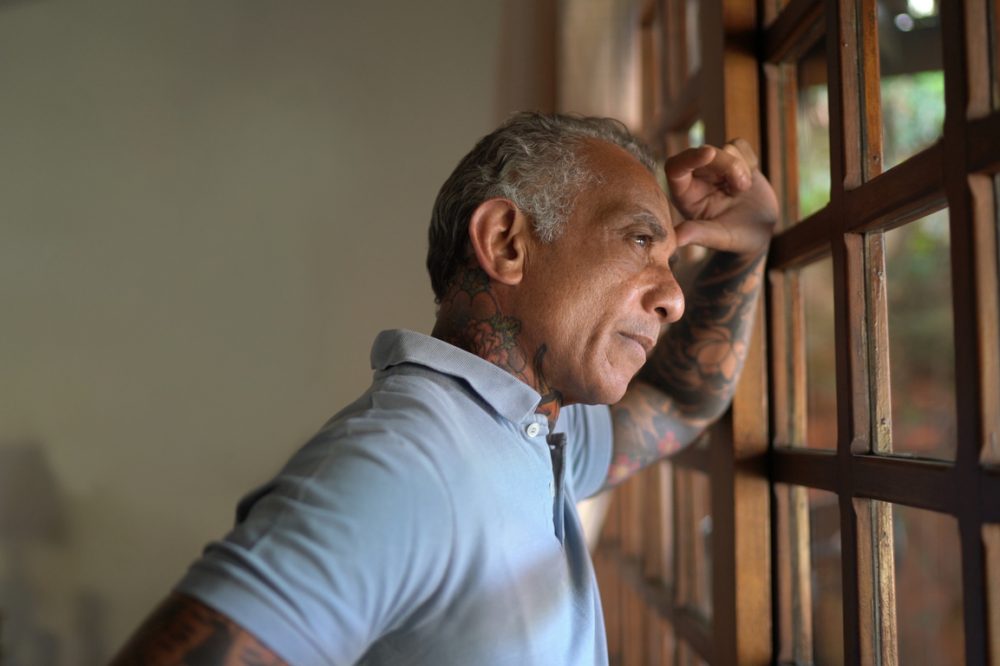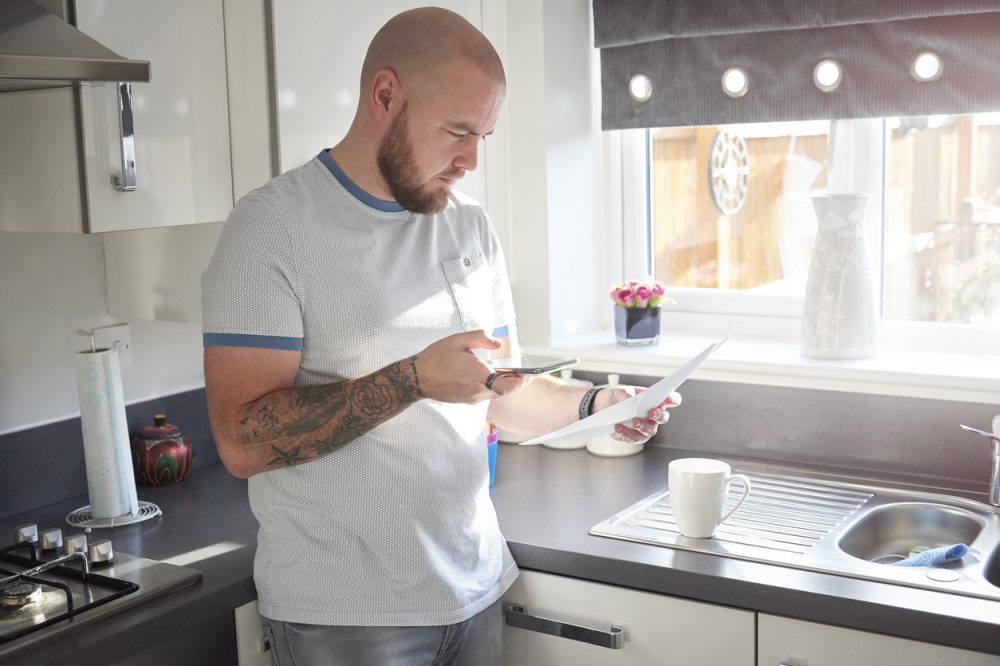Managing the Initial Financial Shock
Justice-involved individuals and their families face a number of expenses that can create financial strains immediately after arrest, including posting bail and hiring legal representation.
-
Category:

Key Findings
The Financial Health Network presents a look into 36 justice-involved individuals and their families, focusing on how their financial health affects their ability to navigate the U.S. criminal justice system and re-enter society. Our findings around managing the initial financial shock include:



“My husband and I just didn’t have the money [to post bail], and I absolutely refused to ask my parents to pay.”
The Barriers of Posting Bail
The findings in our recent report found that a little over one-third of those given the opportunity to post bail were not able to do so. Multiple people interviewed for this report explained that neither they nor their family members had the resources to post bail outright or through a bail bondsperson.
- One individual asked a family member to contact a bail bondsperson, but neither he nor his family, who all made minimum wage, could afford the $10,000 cost to go that route.
- One person who faced charges from multiple jurisdictions opted not to post bail because he feared losing his money once he was under federal custody.
- Another man chose to start serving time by staying in pretrial detention to apply his time served toward his sentence term.
“… There was absolutely no way that we would have ever been able to come up with [bail].”
Relying on Family and Community
People who were detained and paid bail typically relied on their parents and their community to help pay for it. Their families used retirement savings, took loans from friends, sold land, and used general savings to pay for bail. A few individuals were able to pay for bail with their own savings or by tapping home equity.
- One person with the means opted to spend $30,000 from his savings and the sale of a house to cover his bail because he believed he wouldn’t be facing any jail time and wanted to spare his children the experience of him being kept in jail.
- One woman was able to get out of jail on bail since her mother used her property as collateral to receive a property bond. She used the time prior to her sentencing to get her financial and personal life in order. The woman explained: “I mean I had kids, a young son. I put my stuff in storage and got papers fixed up for my mom to be the legal guardian of my son.”
“I think if I had my own personal attorney, I would have got out of going to prison, period.”
Paying for Legal Representation
Most people we interviewed reported that they could not afford a private attorney, but would have preferred one if they had the means. A number of people shared that they believed not having a private attorney affected their judicial outcomes.
- “Public defenders are way too busy… A private attorney will take you on without having, say, 30 others on the docket.”
- One woman could only afford part of her lawyers fees and felt they didn’t do their best job as a result. She explained: “They wanted to wrap it up and get me out of their hair basically, you know, because I didn’t have all the money… Oh, if I had the $7,000, I wouldn’t have went to prison.”

Ana's Story
“The bills just piled up to where it took me a year and a half to finally, actually be able to get back on track, just from spending that two weeks in jail.”
Ana, a single mother, was recovering from back surgery at the time of her arrest. She spent two weeks in jail in another state before she was let out on a personal bond. Ana decided to hire a lawyer for her case, which depleted most of her savings. She spent the rest of her savings on overnight trips between her home state and the state of arrest to make court appearances. Ana was eventually found not guilty, but because of her arrest and two-week detainment, she lost her Temporary Assistance for Needy Families (TANF) benefits, her only income at the time, and her daughter went into child protective services. It took months after Ana’s release to get her daughter back.
Throughout the process, Ana managed complex financial decisions:
- Ana cut back on her own food so her daughter would have enough to eat on their tight budget.
- Ana reached out to get extensions on her rent, utilities, internet, cell phone, and other costs.
- Ana delayed medical care for her back, including physical therapy and cortisone shots.
Even with all of these sacrifices and extensions, it still took Ana 18 months to get her finances back in order and pay all of her bills on time.
More Stories of Justice-Involved Individuals
Employment Challenges
Once justice-involved individuals re-enter society, there are numerous barriers to gain employment that often force them to make difficult decisions.
Impact of Incarceration on Families
After a family member or loved one is arrested, their households are forced to juggle financial responsibilities, including staggering bills and missing payments.
Managing Financial Obligations
Once justice-involved individuals are released from jail or court, they are still not released from their financial obligations to the criminal justice system.
Support from Social Networks
Family and friends are a major lifeline for justice-involved individuals, providing support and advice from pre-trial to post-release.
Financial Health and Criminal Justice: The Stories of Justice-Involved Individuals and Their Families
This is one of five areas explored in our report “Financial Health and Criminal Justice.”





